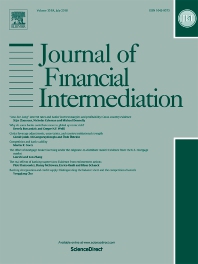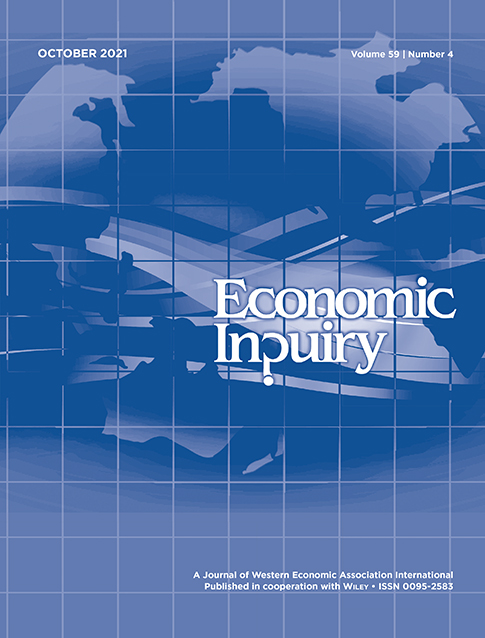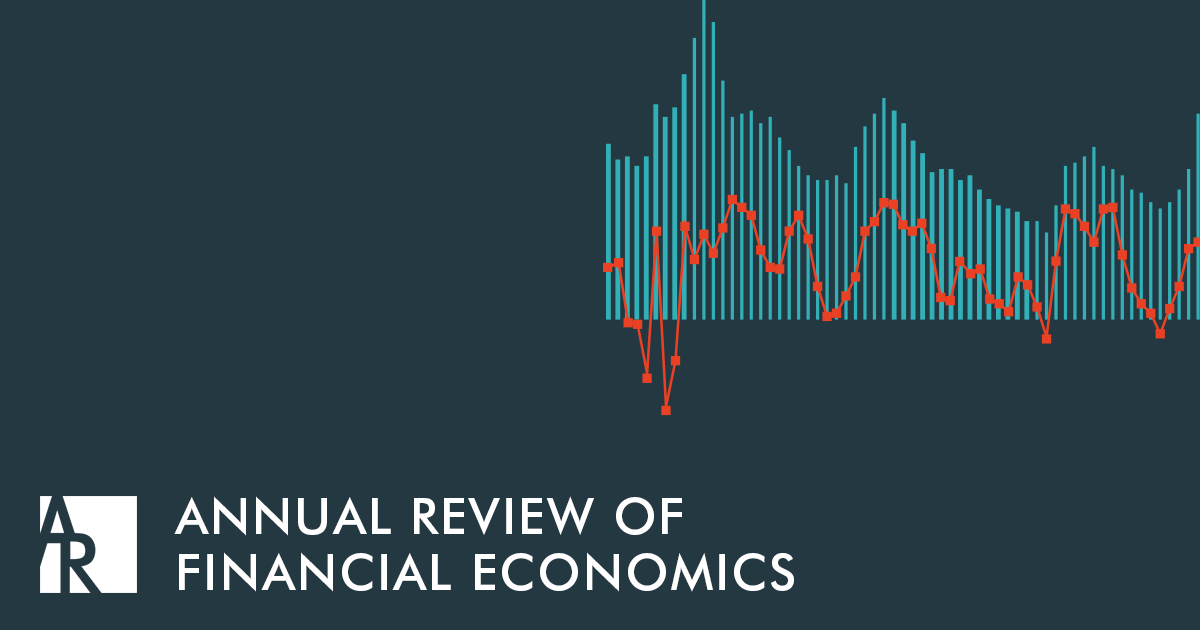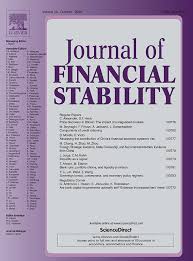Financial System Adaptability and Resilience
Financial systems differ across countries and tend to evolve slowly over time. Their structure is typically stable, but their resilience is often tested. A well-functioning financial system is vital for economic development, as it ensures that capital flows to the most productive and valuable investment opportunities. However, systemic vulnerabilities can have far-reaching consequences. For example, the 2007–08 global financial crisis emerged from within the financial sector itself when complex financial products fuelled a credit bubble in the U.S. housing market, threatening global economic stability when the bubble burst. That event led to extensive policy and regulatory reforms to strengthen financial system resilience.
Financial systems continue to face significant challenges. External shocks like the COVID-19 pandemic, the climate crisis, the green economic transition, and the energy crisis driven by geopolitical conflict all underscore the importance of financial systems that can absorb shocks and adapt to changing economic conditions. Motivated by these pressing issues, we investigate how financial systems respond to crises, which institutions and policies improve resilience, and the role of finance systems' setup in broader economic transformations. We use diverse data sources, including bank and firm-level data, regulatory reports, and house price and election data, to inform evidence-based policy.
Research Cluster
Financial Resilience and RegulationYour contact

- Department Financial Markets
EXTERNAL FUNDING
08.2022 ‐ 07.2025
OVERHANG: Debt overhang and green investments - the role of banks in climate-friendly management of emission-intensive fixed assets
The collaborative project “Debt Overhang and Green Investments” (OVERHANG) aims to investigate the role of banks in the climate-friendly management of emission-intensive fixed assets. This will identify policy-relevant insights on financial regulation, government-controlled lending and financial stability, as well as raise awareness among indebted stakeholders.
01.2015 ‐ 12.2019
Interactions between Bank-specific Risk and Macroeconomic Performance
07.2016 ‐ 12.2018
Relationship Lenders and Unorthodox Monetary Policy: Investment, Employment, and Resource Reallocation Effects
Leibniz Association
We combine a number of unique and proprietary data sources to measure the impact of relationship lenders and unconventional monetary policy during and after the European sovereign debt crisis on the real economy. Establishing systematic links between different research data centers (Forschungsdatenzentren, FDZ) and central banks with detailed micro-level information on both financial and real activity is the stand-alone proposition of our proposal. The main objective is to permit the identification of causal effects, or their absence, regarding which policies were conducive to mitigate financial shocks and stimulate real economic activities, such as employment, investment, or the closure of plants.
Refereed Publications

Informal or Formal Financing? Evidence on the Co-Funding of Chinese Firms
in: Journal of Financial Intermediation, 2016
Abstract
Different modes of external finance provide heterogeneous benefits for the borrowing firms. Informal finance offers informational advantages whereas formal finance is scalable. Using unique survey data from China, we find that informal finance is associated with higher sales growth for small firms but lower sales growth for large firms. We identify a complementary effect between informal and formal finance for the sales growth of small firms, but not for large firms. Co-funding, thereby simultaneously using the informational advantage of informal finance and the scalability of formal finance, is therefore the optimal choice for small firms.

Did TARP Distort Competition Among Sound Unsupported Banks?
in: Economic Inquiry, No. 2, 2016
Abstract
This study investigates if the Troubled Asset Relief Program (TARP) distorted price competition in U.S. banking. Political indicators reveal bailout expectations after 2009, manifested as beliefs about the predicted probability of receiving equity support relative to failing during the TARP disbursement period. In addition, the TARP affected the competitive conduct of unsupported banks after the program stopped in the fourth quarter of 2009. Loan rates were higher, and the risk premium required by depositors was lower for banks with higher bailout expectations. The interest margins of unsupported banks increased in the immediate aftermath of the TARP disbursement but not after 2010. No effects emerged for loan or deposit growth, which suggests that protected banks did not increase their market shares at the expense of less protected banks.

A Review of Empirical Research on the Design and Impact of Regulation in the Banking Sector
in: Annual Review of Financial Economics, 2015
Abstract
We review existing empirical research on the design and impact of regulation in the banking sector. The impact of each individual piece of regulation may inexorably depend on the set of regulations already in place, the characteristics of the banks involved (from their size or ownership structure to operational idiosyncrasies in terms of capitalization levels or risk-taking behavior), and the institutional development of the country where the regulation is introduced. This complexity is challenging for the econometrician, who relies either on single-country data to identify challenges for regulation or on cross-country data to assess the overall effects of regulation. It is also troubling for the policy maker, who has to optimally design regulation to avoid any unintended consequences, especially those that vary over the credit cycle such as the currently developing macroprudential frameworks.

The Impact of Securitization on Credit Rationing: Empirical Evidence
in: Journal of Financial Stability, 2015
Abstract
We study whether banks’ involvement into different types of securitization activity – asset backed securities (ABS) and covered bonds – in Spain influences credit supply before and during the financial crisis. While both ABS and covered bonds were hit by the crisis, the former were hit more severely. Employing a disequilibrium model to identify credit rationing, we find that firms with banks that were more involved in securitization see their credit constraints more relaxed in normal periods. In contrast, only greater covered bonds issuance reduces credit rationing during crisis periods whereas ABS aggravates these firms’ credit rationing in crisis periods. Our results are in line with the theoretical predictions that a securitization instrument that retains risk (covered bond) may induce a more prudent risk behavior of banks than an instrument that provides risk transferring (ABS).

Bank Market Power, Factor Reallocation, and Aggregate Growth
in: Journal of Financial Stability, 2015
Abstract
Using a unique firm-level sample of approximately 700,000 firm-year observations of German small and medium-sized enterprises (SMEs), this study seeks to identify the effect of bank market power on aggregate growth components. We test for a pre-crisis sample whether bank market power spurs or hinders the reallocation of resources across informationally opaque firms. Identification relies on the dependence on external finance in each industry and the regional demarcation of regional banking markets in Germany. The results show that bank markups spur aggregate SME growth, primarily through technical change and the reallocation of resources. Banks seem to need sufficient markups to generate the necessary private information to allocate financial funds efficiently.
Working Papers

Corporate Governance Structures and Financial Constraints in Multinational Enterprises – An Analysis in Selected European Transition Economies on the Basis of the IWH FDI Micro Database 2013 –
in: IWH Discussion Papers, No. 3, 2015
Abstract
In our analysis, we consider the distribution of decision power over financing and investment between MNEs’ headquarters and foreign subsidiaries and its influence on the foreign affiliates’ financial restrictions. Our research results show that headquarters of multinational enterprises have not (yet) moved much decision power to their foreign subsidiaries at all. We use data from the IWH FDI Micro Database which contains information on corporate governance structures and financial restrictions of 609 enterprises with a foreign investor in Hungary, Poland, the Czech Republic, Slovakia, Romania and East Germany. We match data from Bureau van Dijk’s AMADEUS database on financial characteristics. We find that a high concentration of decision power within the MNE’s headquarter implicates high financial restrictions within the subsidiary. Square term results show, however, that the effect of financial constraints within the subsidiary decreases and finally turns insignificant when decision power moves from headquarter to subsidiary. Thus, economic policy should encourage foreign investors in the case of foreign acquisition of local enterprises to leave decision power within the enterprise and in the case of Greenfield investment to provide the newly established subsidiaries with as much power over corporate governance structures as possible.



















